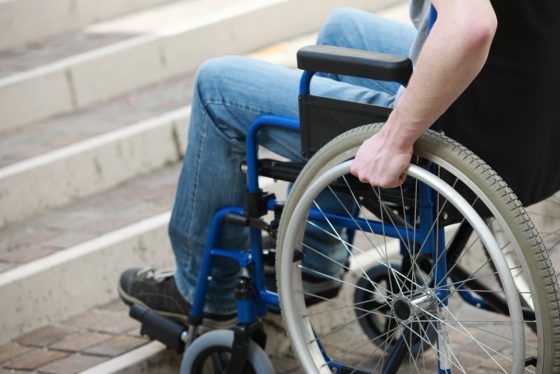Dutch human rights council dealt with record complaints last year

 The Dutch human rights council College voor de Rechten van de Mens received a record number of complaints and questions about discrimination last year, with concerns about coronavirus-related issues topping the list.
The Dutch human rights council College voor de Rechten van de Mens received a record number of complaints and questions about discrimination last year, with concerns about coronavirus-related issues topping the list.
The council received 5,286 reports and questions, almost double the 2020 figure, but the total includes some 2,300 people who felt they had been discriminated against on the basis of the government’s coronavirus measures – mainly the introduction of the coronavirus pass.
Of the reports which related directly to anti-discrimination legislation, 776 referred to disability, 575 were about discrimination based on ethnicity and 453 were on the grounds of sex.
Many of the complaints about discrimination stemmed from the childcare benefit scandal, in which thousands of people were singled out for extra checks or had their benefits stopped on the grounds they had a ‘foreign’ name or were dual nationals.
Work was the main source of complaints and questions, with access to goods and services in second place.
The council was asked to make a record 739 rulings last year and said there were no grounds for a complaint in about 40% of them.
One in five complaints actually resulted in a ruling or recommendations and just one third of the rulings said that discrimination was involved. The council’s rulings are not binding but were followed in nine out of 10 cases.
Coronavirus
The council said many of the questions and reports it received last year related to dissatisfaction with the government’s coronavirus strategy, such as vaccination, because of their personal beliefs.
‘In law, belief is understood to mean ‘a more or less’ coherent system of ideas, so people opposed to vaccination would have to show a history of vaccination refusal,’ the council said. ‘Many of the applications however, were not plausible… which is why many of these requests were declared ‘unfounded’.
Thank you for donating to DutchNews.nl.
We could not provide the Dutch News service, and keep it free of charge, without the generous support of our readers. Your donations allow us to report on issues you tell us matter, and provide you with a summary of the most important Dutch news each day.
Make a donation